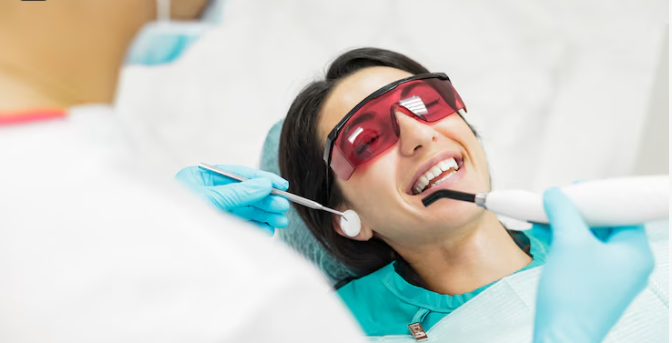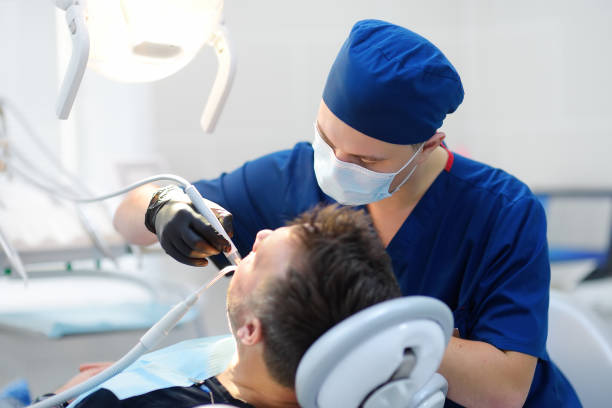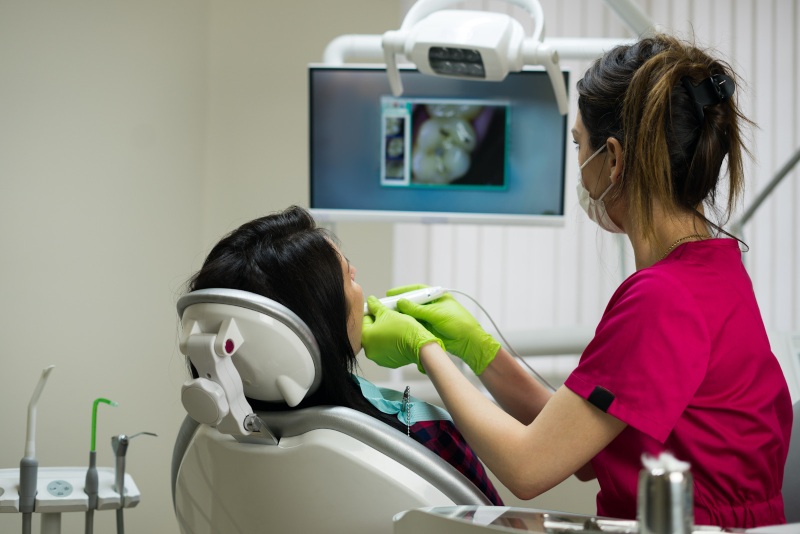Visiting a veterinary hospital can feel overwhelming. You want the best care for your pet. A visit to the veterinarian in Kitchener offers that. Expect a warm welcome. The team will guide you through each step. First, they will collect your pet’s details. Next, they conduct a thorough examination. The veterinarian checks your pet’s weight, temperature, and overall health. Then, they discuss any concerns you have. This is your chance to ask questions. They explain treatments or vaccinations if needed. You will leave prepared and informed. You should also expect some diagnostic tests. These help identify any underlying issues. Sometimes, they may suggest blood tests or X-rays. The goal is to ensure your pet’s well-being. You will also receive advice on nutrition and routine care. This visit is about understanding your pet’s needs. Your furry family member deserves the best care. With the right approach, you will leave reassured.
Preparing for the Visit
Before heading to the veterinary hospital, it’s crucial to prepare your pet. Ensure that your pet is calm and comfortable. This might mean allowing enough time to get them used to the car ride. Bring along any medical records or history. This information helps the veterinarian understand your pet’s background. Write down any questions or concerns you have. This way, you can address everything during the consultation.
Understanding the Veterinary Process
The veterinary process is straightforward. Upon arrival, you will check in at the reception. A veterinary nurse will then greet you and your pet. This introductory meeting helps your pet become familiar with the environment. The veterinarian will then perform a comprehensive health check. Here’s what that typically includes:
| Examination Component | Purpose |
|---|---|
| Weight Measurement | Assesses growth and detects weight issues |
| Temperature Check | Identifies fever or other temperature abnormalities |
| Heart and Lungs Evaluation | Detects potential respiratory or cardiac issues |
| Skin and Coat Inspection | Reveals issues like fleas, ticks, or skin infections |
Discussing Concerns and Treatments
This part is essential for your peace of mind. The veterinarian will discuss any findings and recommend treatments or further tests. Routine advice might include vaccinations or boosters. They will also suggest parasite prevention methods like flea control. If your pet needs specific care, the veterinarian will explain why it’s necessary. They will provide clear steps for treatment. Feel free to ask questions until you feel confident about the care plan.
Diagnostic Tests
Sometimes, a thorough check might reveal the need for diagnostic tests. These are important for detecting hidden issues. Common tests include:
- Blood Tests: Check for infections or organ function.
- X-Rays: Reveal bone fractures or internal concerns.
- Ultrasounds: Examine internal organs in detail.
Each test has a specific role in ensuring your pet’s health. Veterinarians balance necessity with cost, ensuring tests are only performed when needed.
Health Advice and Routine Care
Veterinarians provide advice on daily care to maintain your pet’s health. This includes feeding guidelines and exercise suggestions. Regular grooming tips also help prevent skin issues. Following the veterinarian’s advice keeps your pet happy and healthy. For more comprehensive tips on pet care, visit the American Veterinary Medical Association website.
What Happens After the Visit
After the appointment, you will receive a summary of the visit. This report includes any treatments and future appointments. Keep this document safe for reference. Follow-up visits might be necessary if your pet is receiving treatment. Routine check-ups are a part of preventive care. These visits allow the veterinarian to monitor your pet’s health regularly. Establishing a trusting relationship with your veterinarian ensures your pet receives optimal care.
Conclusion
Your pet’s health is a priority. Understanding what to expect during a veterinary visit helps ease any stress. With the right preparation, veterinary visits can be smooth and informative. Remember, the right care leads to a healthier, happier pet. You are your pet’s advocate, ensuring they receive the best care possible. Trust in the expertise of professionals to guide you through this journey. By following this comprehensive process, you are doing your part to ensure your pet’s long-term well-being.









